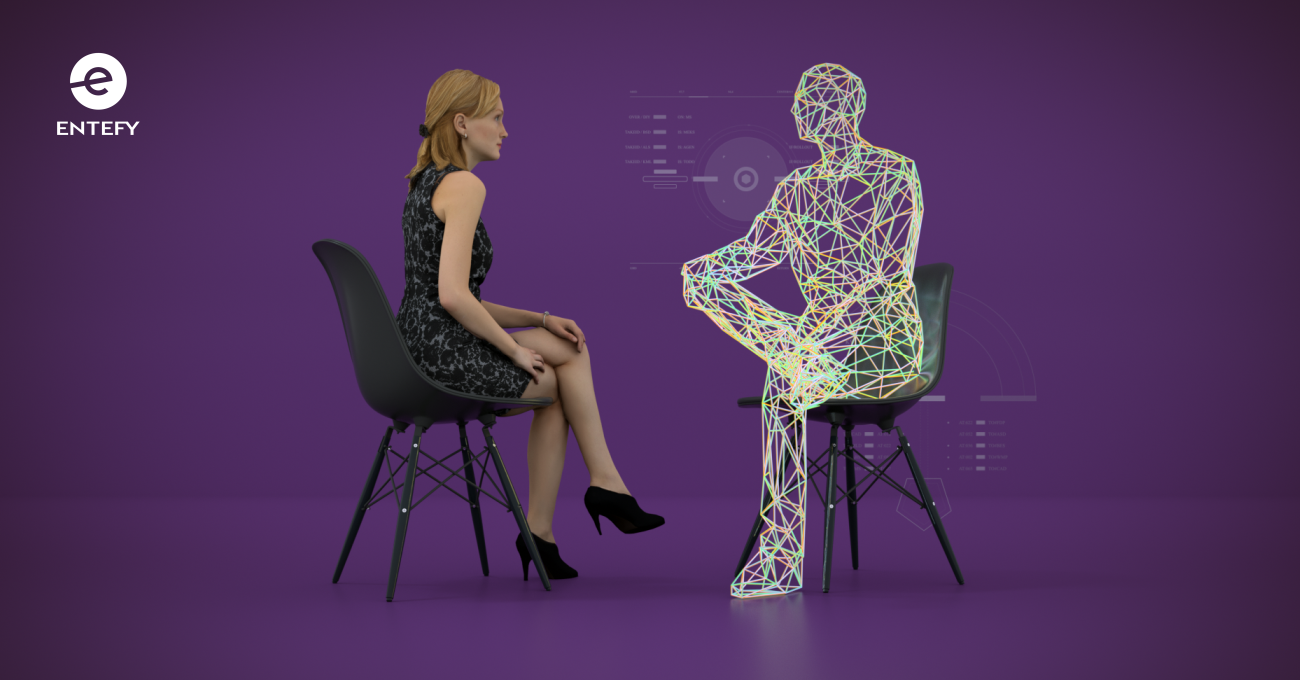Alexandria Ocasio-Cortez is no stranger to making headlines. She made quite a few after her election to Congress in 2018, namely as a woman, a millennial, and a democratic socialist who had just upended a ten-term incumbent to secure a seat in one of the highest branches of government. And in 2019, she shows no signs of slowing down, particularly after her comments at SXSW about automation and the future of the American economy. She is not the first to remark on AI’s place in the world, but she is among the more high-profile politicians. Her comments, and the subsequent public response, brought AI to the American political platform more pointedly than before. It’s clear that automation is going to become a hot-button topic in the future of politics, not just in America, but around the globe, with opinions as divided as politics itself.
In recent years, AI has been making its way into politics worldwide in ways both blatant and subtle. In the Tama city area of Tokyo, Japan, Mitchido Matsuda ran a “fair and balanced” campaign for mayor that garnered 4,000 votes. That may not sound particularly impressive on its own, but is notable considering that Mitchido-san is a robot. On a larger scale, in Russia, an AI named Alisa not only managed to secure a nomination for president, she garnered more than 25,000 votes. She ultimately lost to Putin, but her nomination and the subsequent base of support highlight growing confidence in AI systems in governance and politics.
So far, AI has been primarily used to support the campaigns of flesh-and-blood politicians and machine learning algorithms have been instrumental in targeted political advertising and Internet-based opinion polls. But the appeal of AI politicians seems to be in how they can compensate for traits that often cost support for human politicians. AI has unending stamina, can quickly react to new events, and multitask in ways previously unimaginable. But is that enough to make an AI system a worthy policymaker and a viable threat to human politicians?
Ocasio-Cortez has called for the public to embrace automation in ways that free up our time to create and live as we choose. This was her response to concerns raised by some of her constituents and perhaps much of the country: will AI take over jobs? This concern exemplifies a powerful dichotomy when it comes to public opinion of AI. A recent study in Europe has uncovered that while the public is still fearful of what automation could do to the job market, “one in four Europeans would prefer artificial intelligence to make important decisions about the running of their country.” This may be in response to widespread frustration with government. However, what seems to be gaining ground is the belief that AI’s logic-based framework may be better suited to policymaking. Although Alisa and Mitchido-san didn’t win their political races, they’ve opened our eyes to new opportunities for AI in politics.
